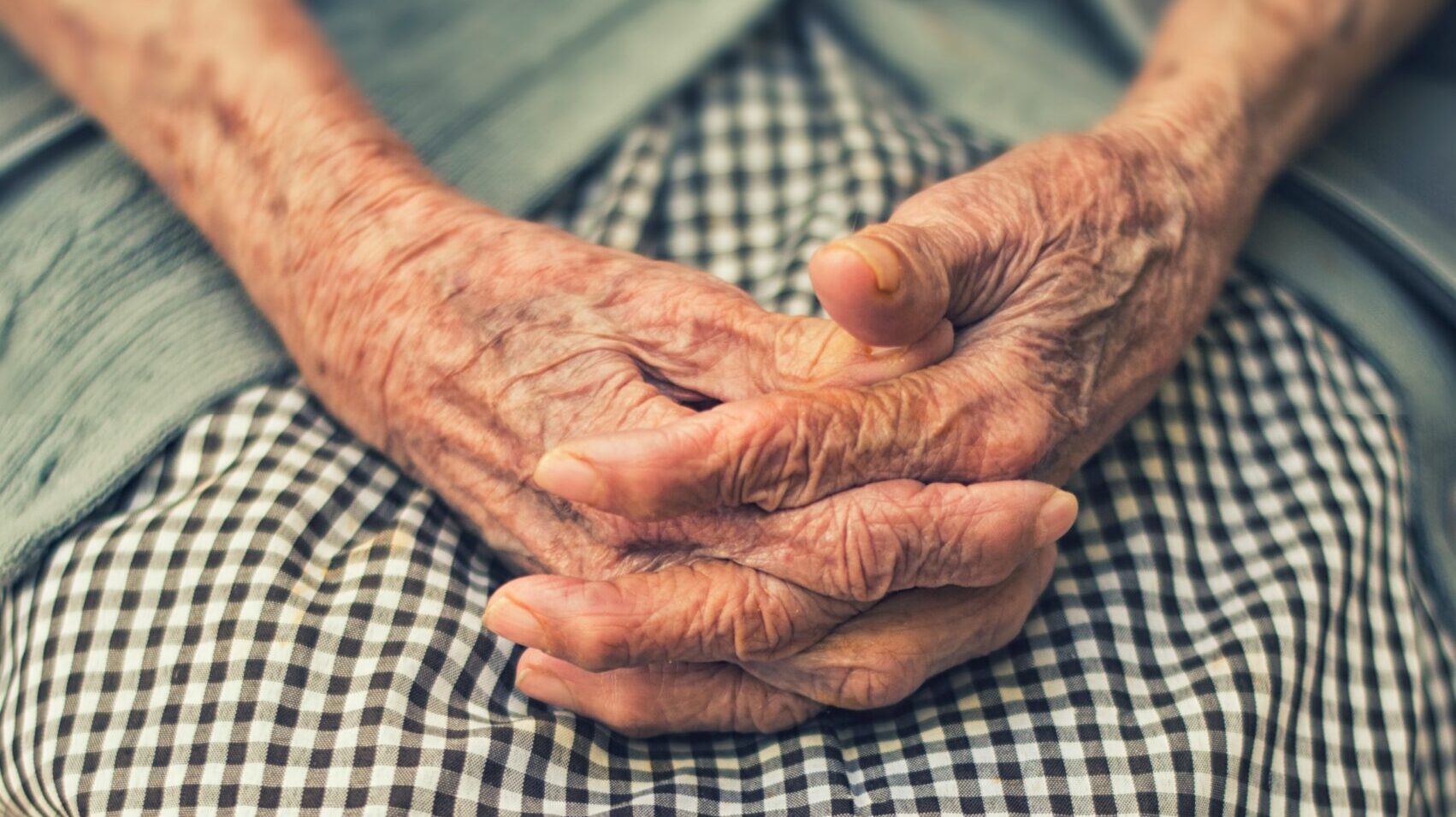Working on Preserving the Human Rights of Persons Affected by Mental Health Conditions.
Georges Karam, MD, Psychiatrist, Chair department of psychiatry and clinical psychology, St George University in Beirut, Executive director of IDRAAC.
Psychology and human rights have a very powerful intersections. IDRAAC (idraac.org), one of the first mental health NGOs in Lebanon, has been working toward the promotion of mental health rights for the last 40 years. Mental health treatment (and promotion) is a basic human right. Also, IDRAAC is a very strong mental research institute in Lebanon educating policy makers, the scientific community and the population at large. In fact, “idrac” means knowledge in Arabic and based on the knowledge acquired in research and clinical findings, we created community interventions as well as draft laws for the protection of those suffering from a mental disease. In fact, IDRAAC drafted the mental health law in Lebanon for the protection and prevention of abuse of the mentally ill.
Below, I would like to illustrate a case that intrigued me and pushed me (and my colleagues at IDRAAC) to pay special attention to a marginalized group and easily abused, the elderly.
Around 10 years ago, Mr. X in his 70s visited my office accompanied by his sister. His main complaint was low mood. After further investigation, I diagnosed Mr. X with major depressive disorder. Mr. X was a retired gentleman who had lost his wife 4 years prior. His only son lived with him and he felt proud of him because he took over their small family business. As Mr. X suffered from social isolation, a main factor in his depression, we devised a plan to re-engage him in society and be more physically active, and I prescribed him an antidepressant.
A month later, he reported feeling 50% better and he was happy that he was exercising daily and that his son had met “a lovely young woman”. I did not see Mr. X again after his follow up visit and his two subsequent appointments were cancelled by a family member.
Three years later, I received a call from Mr. X’s sister requesting his medical file as he had passed away. Upon further questioning, Mr. X’s sister reported that his son got married soon after our last visit and his wife got pregnant. As they lived in a small 2 bedroom apartment, his son and wife convinced Mr. X to move to the living room so his bedroom could be changed to a nursery. He gladly accepted as he was looking forward to becoming a grandfather. Soon after, the new couple needed more space and, as they liked to host friends at night, Mr. X could not sleep in the living room any longer and was asked to move to the unfinished and cold basement. He stopped exercising, stopped eating and no longer engaged with family members. When his sister would visit, he refused to leave his dark basement. This continued until finally, one morning, he was discovered lifeless.
Mr. X was taken advantage of by his own family and in effect robbed of his own house. This older person had to live and die in psychological misery just because he had depression and could not stand up to the inhumane treatment by his son.
After hearing this story, I decided to do something to prevent this from happening again. It was becoming obvious to me that older adults who suffer from mental disorders (including dementia) are at very high risk of abuse.
My colleagues and I at IDRAAC, secured a small grant and embarked on a mission to protect older adults from financial and legal abuse. We reviewed all laws in effect in Lebanon and all international conventions signed by the Lebanese government. We were then able to draft a new law criminalizing abuse of elderly and to create a mechanism for the protection of those that lack mental capacity. The law is currently under review and we hope the Lebanese government will pass it soon in the parliament.
This case highlights that psychology and human rights intersect in various ways, with mental health professionals contributing to the understanding, promotion and protection of human rights through research, advocacy, therapy and policy development.
By addressing and preventing human rights violations, we promot a just and equitable society.
Photo courtesy of Danie Franco downloaded from UnSplash

